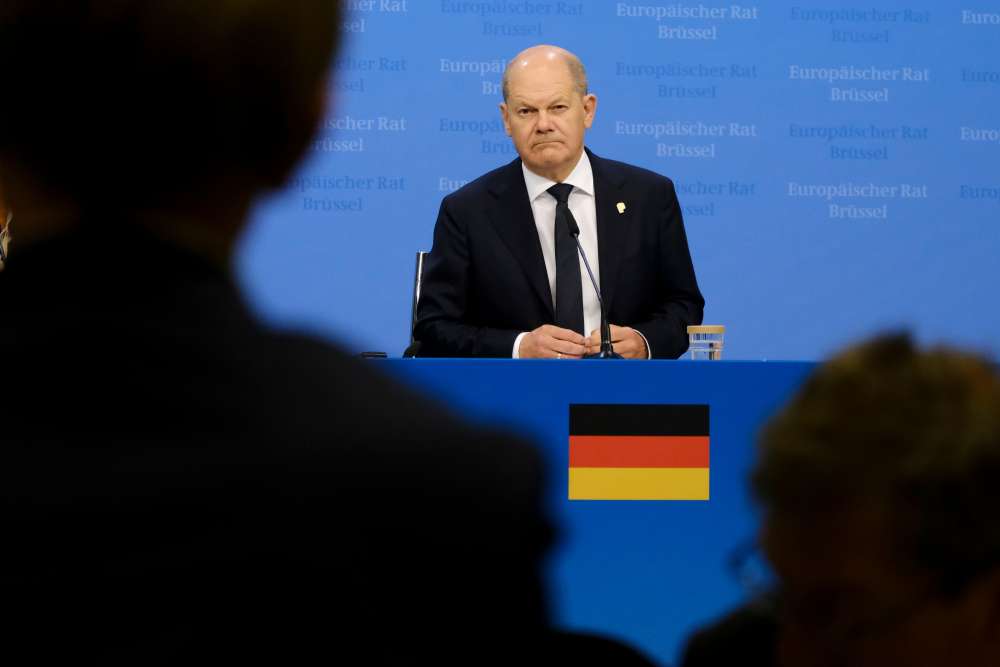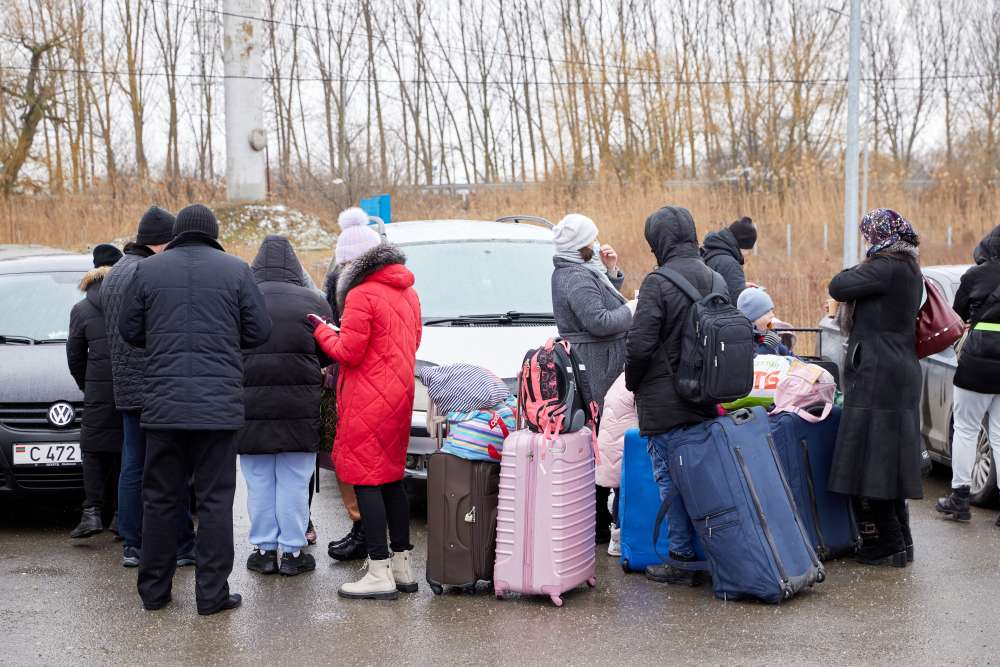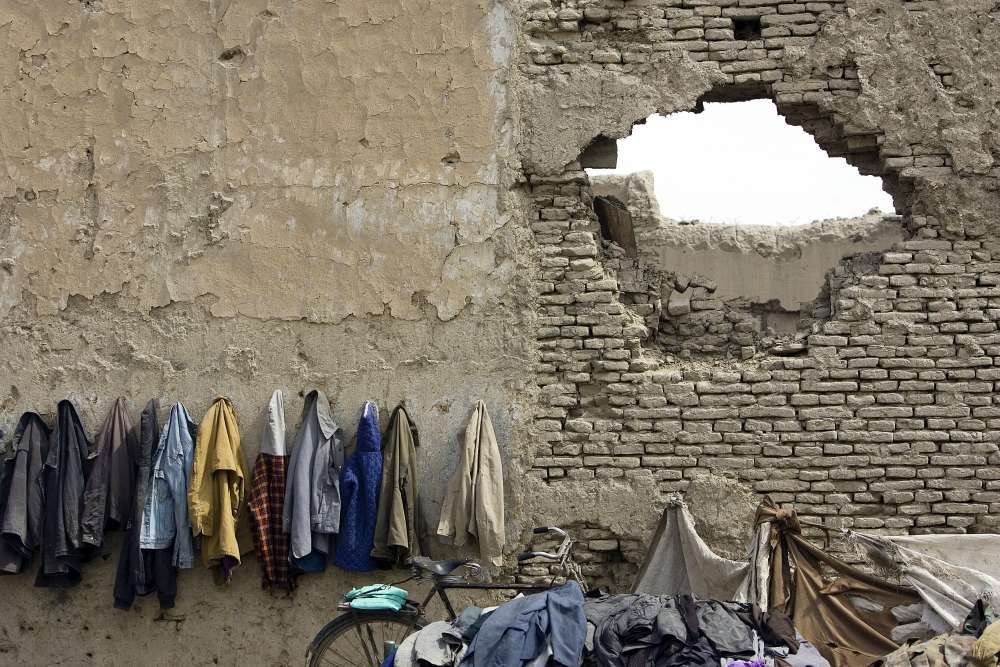Gaming the Political Economy of Conflict
Economic factors can prove decisive in conflict contexts. Policymakers are increasingly looking to influence political economy dynamics in their stabilization efforts. This practical guide shows how simulation games can help them make better decisions.
We’re Hiring!
You’re an entrepreneurial and intellectually curious individual with a passion for the interplay of technology and global politics? We are looking for a research assistant to join us on a project around critical and emerging technologies!
#DFS2024: Event
What is the best course for de-risking? How can multilateral coordination on critical technologies be improved, and what are the most appropriate formats for such coordination?
On May 17, join us for an event as part of the German Forum on Security Policy.
Time to Get Serious with “De-Risking”
Berlin and Brussels need to play their part in denying Beijing access to technologies key to military modernization. Or else Washington will insist on restricting trade across the board.
Problems Not Solved: The EU Asylum Law Reform Is a Bad Compromise
The German government has celebrated the European asylum law reform as a success. But it does nothing to address the most important structural and political problems of the underlying system.
Political Participation in Kharkiv
War changes the distribution of political power in societies. Ukraine has been no execption. How has the fight against Russia’s full-scale invasion affected the gender dynamics of political power in Kharkiv?
Whose Bright Idea Was That?
How do think tankers know if they are making a difference? The short answer: most don’t. We propose a framework that can help think tanks better assess and perhaps even improve their work.
German Foreign Policy and the Rwandan Genocide
The genocide in Rwanda marked a turning point in world politics. Based on an analysis of archival records from the Federal Foreign Office, this study provides insights into Germany’s foreign policy before and during the events of 1994 and discusses lessons for policymaking that remain relevant today.
Olaf Scholz in China: Der Kanzler muss deutsche Kerninteressen verteidigen
So wie Peking selbstbewusst seine Interessen verteidigt, sollte Bundeskanzler Olaf Scholz das bei seinem Besuch in China für Deutschland tun. Er kann zeigen, dass Realpolitik das Gegenteil von Unterwürfigkeit ist.
Queering Displacement
Although international actors are already supporting IDPs in Ukraine, a particularly vulnerable subset – queer IDPs – have specific needs that are not being addressed. But there are clear opportunities to offer more targeted support.
Never Say Never: Learning Lessons from Afghanistan Reviews
Looking at the most substantive reviews conducted to date on the international intervention in Afghanistan, are there signs that different actors have jointly learned from it?
Streit um die Entwicklungspolitik: Welche nationalen Interessen?
Der Streit um die Entwicklungspolitik sollte darum gehen, wie Deutschland seine Interessen besser priorisiert. Das würde der Armutsreduzierung dienen.
Gerhard Schröder’s Beijing Connection
On the occasion of his 80th birthday, we can expect the spotlight to be on the former German chancellor’s lobbying work for the Kremlin. But it’s high time to scrutinize a similar role that Schröder fulfils vis-à-vis China.









